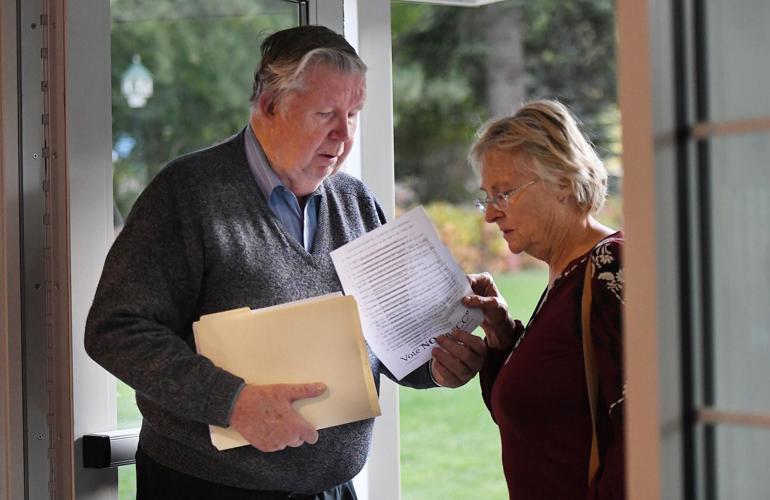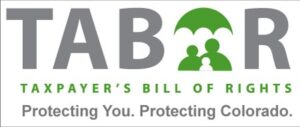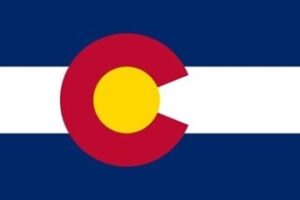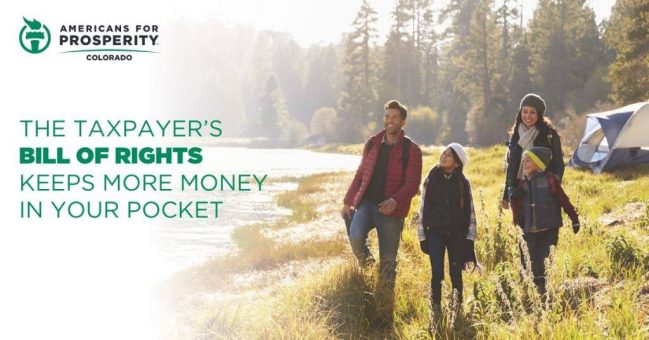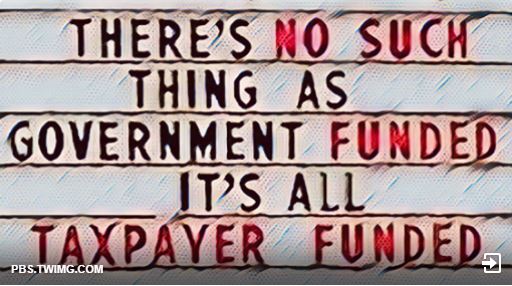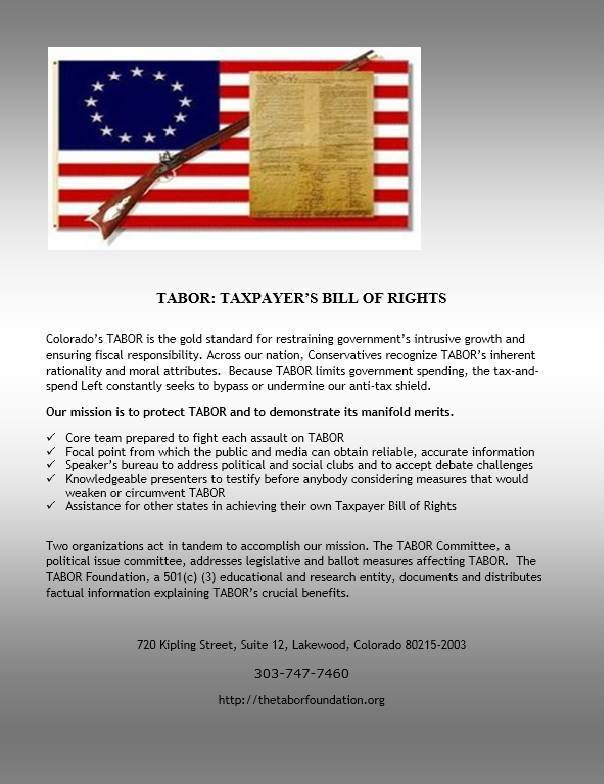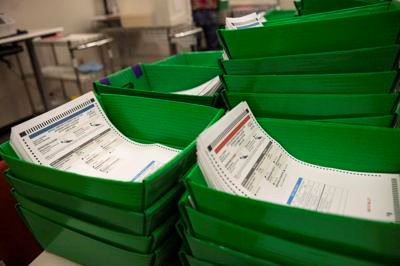OPPOSITION STATEMENT TO 2024 RTD TAX MEASURE
Even the strongest supporter of mass transit must rethink this tax. It’s not a good idea nor is it the right time. Vote NO on the measure.
– Ridership is way down. It dropped to only 65.2 million “boardings” in 2023, when it had been 103.2 million boardings in 2019. That’s a huge drop. RTD wants this for ongoing operations, but that level of spending no longer matches the ridership.
- Management has not kept riders safe. Many people avoid using buses and light rail due to the dirty needles, assaults, open drug use, filth and crime.
- Management does not operate intelligently. How many times have long stretches of the rail system been shut down? Poor maintenance has left some rail routes going no faster than 10 miles per hour, keeping commuters from getting to work on time. Bus routes suffer reliability issues.
Lifting the TABOR budget limits would be a FOREVER tax. No sunset date. No revisiting it later.
Having no limit on budgets paid off construction debt of $779 million over the past 25 years. The project was built and paid off. The old tax scheme has ended. This extension is a tax increase by keeping what otherwise would be returned to you. If it were not a Taxpayer’s Bill of Rights requirement to vote on renewed taxes, it would not have to go to the ballot. When politicians mislead you to get your vote, it should be a red flag.
There is no plan to use this renewed tax plan for new bonds, and the revenue would just get dumped into the general fund. Vote down this tax extension and give RTD the opportunity to come back with specific ideas and costs, instead of a blank check for who-knows-what.
The state legislature has been seriously considering removal of an elected Board of Directors. We don’t even know who will be controlling the tax increase in a few years!
RTD charges you sales tax on a vast majority of goods, taking money out of your pocket when you buy toilet paper, school supplies, clothing, and groceries. It adds up, the average taxpayer gives up a few hundred dollars to RTD each year in sales tax. Have you gotten your money’s worth?
The system needs to be fixed first. Taxpayers should demand some accountability. RTD must first use current dollars to reverse ridership decline and move to a transit system that is not inefficient, inconvenient and even dangerous. Giving RTD this money does not necessarily mean that light rail will go faster than 10 miles an hour or clean up the stations, buses and trains. Just having a bigger budget does not guarantee reforms. Don’t throw good money after bad.
Vote NO and keep your RTD TABOR refund.


